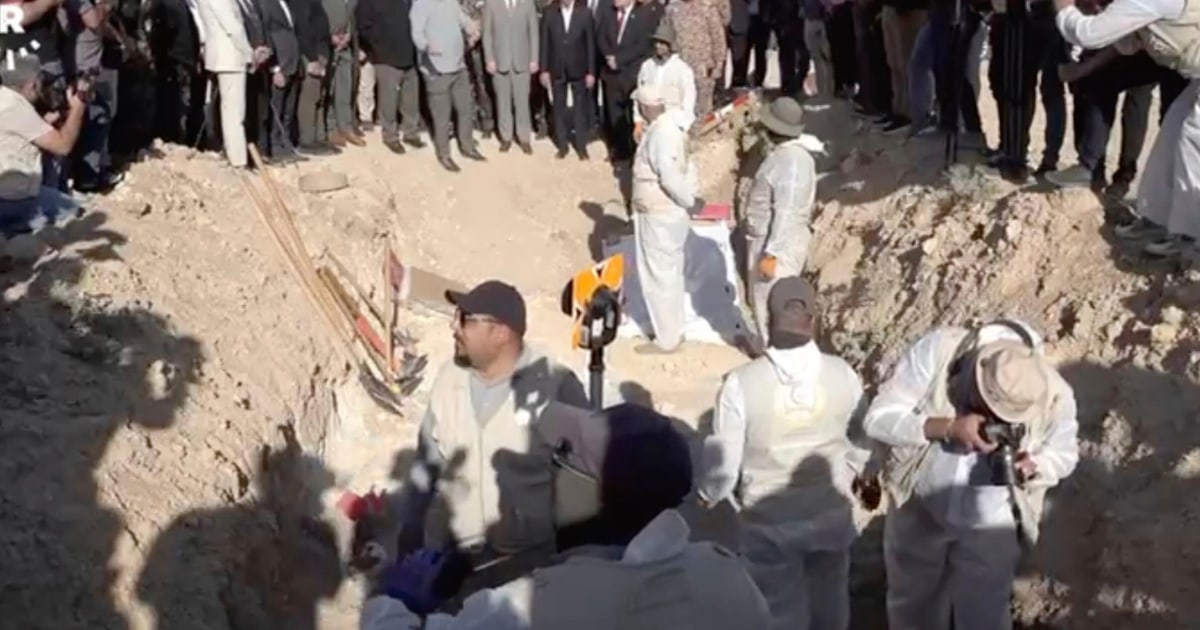Is Croatia's Ultra-Nationalist Mega-Gig Highlighting a Divided Society?

A Neo-Fascist Croatian Woodstock or Patriotic, Anti-Establishment Fun?
In the heart of Croatia, a recent monumental concert by the ultra-nationalist singer Marko Perkovic, known as Thompson, has ignited fierce debate and laid bare the deep-seated divisions within Croatian society. The event, which purportedly attracted hundreds of thousands of attendees, has become a lightning rod for discussions surrounding national identity, historical interpretation, and the implications of nationalism in a modern European context. As the echoes of Thompson's music linger, the country's past and its present collide, prompting a reevaluation of what it means to be Croatian today.
The Concert and Its Aftermath
The concert, held at the Zagreb Hippodrome, was touted by Thompson's management as a massive success with ticket sales exceeding half a million. However, actual attendance figures were likely lower, yet still impressive, indicating a significant following for the controversial artist. As the crowd erupted during his opening number, "Čavoglave Battalion," the fervor in the air was palpable. The chant "Za dom, spremni!" ("For the homeland, ready!") reverberated through the venue, underscoring the concert's nationalistic undertones.
This particular chant has drawn ire from opposition parties and human rights organizations, as it is rooted in the historical narrative of the Ustasha, a World War Two-era organization linked with Nazi ideology. Croatia's Constitutional Court has explicitly ruled that this slogan is not in accordance with the nation's constitution, which adds a layer of complexity to its usage in contemporary settings.
The Polarized Interpretations of National Identity
Thompson's performance has exposed the stark divide in how Croatians view their history. On one side, there are those who see the singer as a symbol of freedom and national pride, while others view him as a purveyor of dangerous ideologies that could threaten social harmony. This schism is illustrative of a broader struggle within Croatian society to reconcile its past with its aspirations for the future.
Tena Banjeglav, representing Documenta – Centre for Dealing with the Past, has expressed concern that the normalization of such nationalistic rhetoric could lead to an environment ripe for violence. Her perspective highlights the potential consequences of allowing historical narratives to be co-opted for contemporary political gain. The chilling notion that politicians in parliament chant "Za dom, spremni" underscores the normalization of these sentiments within the political sphere.
Government Responses and Political Ramifications
The Croatian government's response to the concert and subsequent controversies has been notably muted. Prime Minister Andrej Plenkovic's characterization of the chanting as simply "part of Thompson's repertoire" signifies a willingness to downplay the potential dangers associated with such expressions of nationalism. This stance has drawn criticism, particularly from those who argue that it undermines the efforts toward reconciliation and a more inclusive national narrative.
Conservative commentator Matija Štahan offers a contrasting view, arguing that Thompson's experiences as a soldier during the war of independence legitimize his use of nationalistic slogans. He posits that these expressions should be viewed in the context of a struggle for freedom rather than a direct comparison to fascist ideologies. His perspective reflects a growing sentiment among segments of the population who yearn for a more assertive national identity in the face of perceived external and internal threats.
Youth Perspectives and Future Implications
Among the younger generation, the allure of Thompson’s music and the nationalist sentiments it evokes are palpable. However, organizations like the Youth Initiative for Human Rights (YIHR) caution against romanticizing these expressions, labeling them as inherently fascist. YIHR’s director, Mario Mažić, emphasizes the responsibility of Croatia, as a member of the European Union, to confront its historical narrative rather than perpetuate divisive rhetoric.
This dynamic raises important questions about the role of youth in shaping contemporary national identity. As young people increasingly engage with nationalistic symbols and narratives, the potential for a shift in societal values becomes evident. The challenge lies in guiding this engagement towards a more inclusive and reconciliatory approach, rather than allowing it to devolve into a misguided celebration of a divisive past.
The Impact of Recent Events on National Reconciliation
The concert in Krajina, which commemorated the 30th anniversary of Operation Storm, further illustrates the complexities surrounding national remembrance in Croatia. While the government has attempted to incorporate commemorations for Serb victims into the national narrative, there is a growing perception that these efforts are secondary to the promotion of nationalist sentiment. The military parade in Zagreb serves as a visual representation of this shift, suggesting that reconciliation may be taking a back seat to the celebration of military victories.
Historian Tvrtko Jakovina argues that this trend has gained momentum in the wake of the UK's departure from the European Union. He posits that the responsibility for upholding anti-fascist values should not rest solely on a few nations but rather be a collective effort among EU member states. This sentiment underscores the urgency of addressing historical grievances and fostering a more nuanced understanding of Croatia's past.
A Look Ahead: Navigating Croatia's National Identity
As Croatia grapples with its national identity, the implications of recent events extend far beyond the concert stage. The discourse surrounding nationalism, historical memory, and reconciliation is vital for the nation's future. It raises critical questions: How can Croatia navigate its complex past while fostering a sense of unity among its diverse population? What role should the government play in shaping this narrative?
Moving forward, it is essential for Croatian society to engage in open and honest dialogues about its history. Acknowledging past mistakes and fostering an inclusive narrative can pave the way for a more cohesive and harmonious future. The challenge lies in bridging the divides that currently exist and finding common ground that honors all aspects of Croatia’s history.
FAQs
What was the significance of Thompson's concert in Croatia?
Thompson's concert became a focal point for discussions about national identity and historical interpretation in Croatia, highlighting deep divisions within society regarding the legacy of past conflicts and nationalist sentiments.
Why is the chant "Za dom, spremni" controversial?
This chant is linked to the Ustasha, a Nazi-allied organization during World War Two, and has been ruled unconstitutional by Croatia's Constitutional Court, creating tensions between different interpretations of its meaning.
How do youth organizations view nationalism in Croatia?
Youth organizations like the Youth Initiative for Human Rights consider nationalist expressions as potentially fascist and advocate for a more reconciliatory approach to Croatia's history.
As Croatia navigates these turbulent waters of identity and history, the path forward is fraught with complexity. Will the nation find a way to reconcile its past while fostering a more inclusive future? #Croatia #NationalIdentity #Reconciliation
Published: 2025-08-18 00:01:02 | Category: technology



